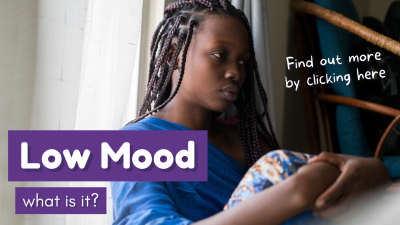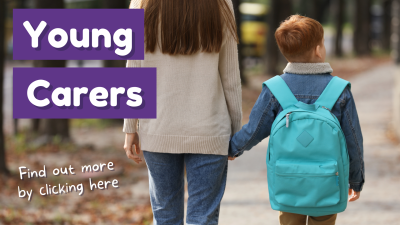I feel lonely
What is loneliness?
Loneliness is different for everyone and we can feel lonely for lots of different reasons.


Being alone vs. feeling lonely
Loneliness is not the same as being alone. Many people can enjoy spending time by themselves. You can also feel very lonely even when you are surrounded by lots of people. This can often happen because you feel different to the people around you or you are struggling to connect with them.
Sometimes it can feel like everyone is having a good time except for you.
There are lots of things that can lead to feelings of loneliness.
Loneliness could be related to your background or circumstances, for example:
- You don’t have friends, family or a partner in your life
- You have experienced abuse that makes forming relationships or trusting others difficult
- You have been isolated by others because of your identity
- You are not able to take part in things that others do. This may be because of money, because you are looking after others, you have mobility issues or something else.
Some people feel a constant sense of loneliness that may not be related to any of the things listed on this page. This could be related to feelings they have about themselves and not feeling good enough. If this is something you struggle with, take a look at our self-esteem page here.
Tick the boxes opposite if any of these things make you feel lonely.
Do I have something wrong with me?
Find out how others manage their loneliness and how you can help yourself.
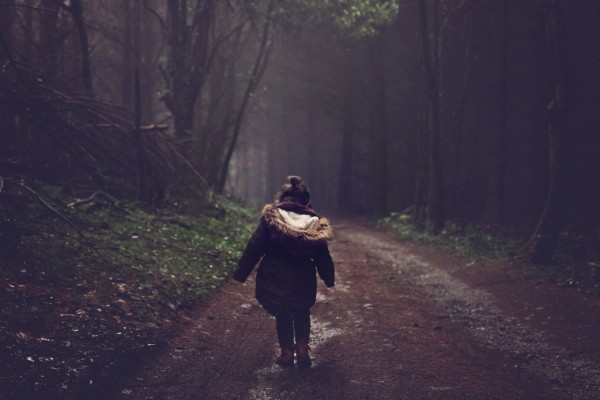

Loneliness and mental health
Although loneliness on its own isn’t a mental health condition, the two are definitely linked. Feelings of loneliness can have an impact on your mental health, and equally, having mental health difficulties can lead to feelings of loneliness.
For example:
If you are feeling low you may be experiencing a loss of enjoyment in things or find it difficult to leave the house. These symptoms can increase your feelings of loneliness. If you are experiencing social anxiety, you may avoid people or situations because your feelings of worry are overwhelming; this can also cause you to feel lonely.
If you have moved to a new area and are struggling to make friends your feelings of loneliness may cause you to feel low, worried or anxious.
If you are experiencing difficulties with your mental health and you are also feeling lonely, it can be helpful to work out which started first so that you can get the right support.

You are not alone...
I broke it off with a partner a few months ago, and I felt really good about it. I knew I had made the right decision, and so many of my friends and family showed me extra love and support in that time. But after a few weeks passed and I thought I got over it, I started to feel low again. I became really socially anxious when I was with my friends even though they were always there for me, and started avoiding them. I couldn’t figure out why I was feeling like this, so I reached out to someone I trusted to talk about my confusing feelings. I realised I was feeling lonely, that even though I had friends to do all the same things with me that my partner used to do, I wasn’t able to enjoy them. I began to go on long walks in nature by myself, and listened to music. It was uncomfortable at first, but then it became something I looked forward to. It helped me learn to be okay with being by myself a bit more, and I no longer feel anxious about seeing my friends.
-Millie, 18
Try our self prescription below now.
Find help, tips and ideas.
What can I do about loneliness?
We have put together a few helpful ideas on how to alleviate how you're feeling.
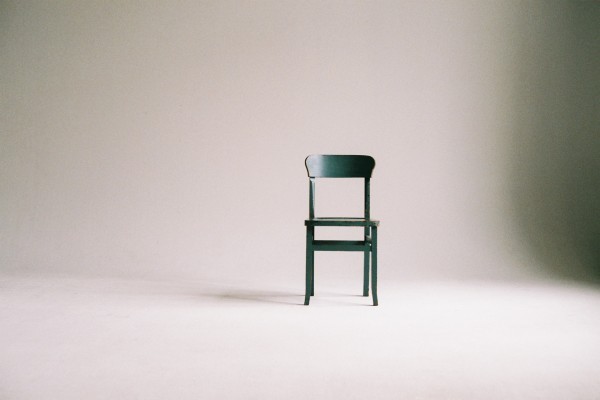
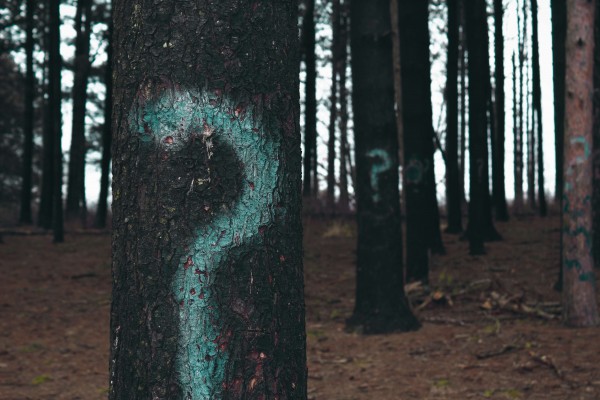
Step 1. Try and understand what is making you feel lonely
Above we looked at what some of the causes of loneliness can be. Try and take some time to think about when you feel most lonely and write down the answers to the following questions:
- When were you feeling lonely?
- What was happening for you at that time?
- What were you thinking and feeling?
It can also be helpful to try and think about whether there was a time when you didn’t feel like this. What was different about your life then?
Step 2. Try speaking to someone
Talking about loneliness can be really hard. You may feel like you don’t have anyone to open up to or you might worry about what they will say.
If you can find someone who you trust to talk to, try some of the examples below to start the conversation:
“I wanted to chat as I really want to connect with people more, I’m feeling a bit isolated at the moment.”
“I’m having a bit of a tough time right now, can we chat? I could really do with some support.”
TIP: If you find speaking to someone really difficult, try to suggest an activity like walking through the park or doing something creative, sometimes it can be easier to open up in situations where you’re also focusing on something else.
If you can’t find someone you feel comfortable talking to, book an appointment with your GP. There are lots of local groups and services that you can connect in with that could help you to feel less lonely.

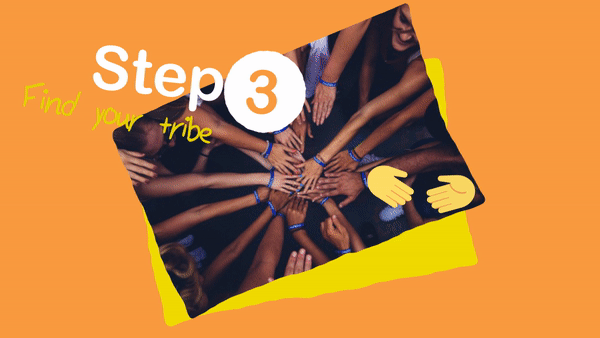
Step 3. Find your tribe
It’s very common to feel lonely if you don’t feel like you have found people who share a similar identity to you or who have the same interests.
Think about what makes you who you are and what kind of people you would like to connect with. Check whether there are groups in your local community where you could meet like minded people.
If you’re not sure who your tribe is, think about taking up a new hobby and see if your local area has groups for this.
TIP: Supporting people to access groups for yoga, art, music, park runs etc.… to improve their mental health and wellbeing is sometimes called “social prescribing.” This means the “prescription” you are given is a social activity rather than medication or therapy. Check online or ask your GP if social prescribing is available in your area. It can really help with loneliness!
Step 4. Try not to compare
If you feel lonely it can be easy to think that everyone else is having a great time. Especially if you are looking at people’s social media accounts. It’s important to remember that these accounts usually show the best parts of someone’s day and that you don’t know how they feel offline.
If you are worried about social media affecting your mental health, take a look at our module on Social media and Mental Health.
Try to remember that everyone’s journey is different and it’s OK for your life to look different to other people’s.
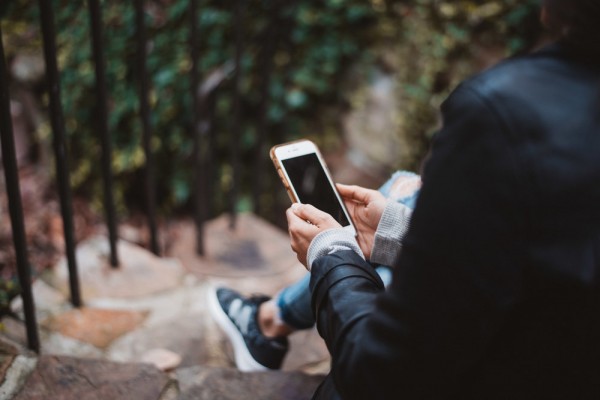
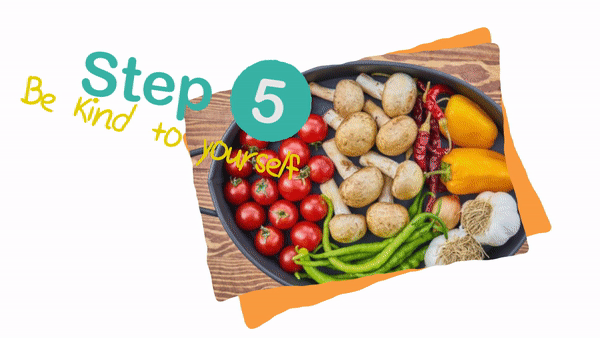
Step 5. Be Kind To Yourself
It can be common for feelings of loneliness to develop in to having negative thoughts about yourself. Feeling lonely can be worrying and stressful and can cause you to feel low.
It’s important to:
Make sure you are eating enough and eating colourful foods! If you feel lonely and low it can be difficult to find the energy to look after yourself properly. Start small by eating one colourful thing today.
Go outside. Going for a walk and finding some nature can really help lift your mood and help you to feel connected. Enjoy the silence or put your headphones in and listen to your favourite music or podcast.
Get some zzz’s If your loneliness feels overwhelming you might struggle to sleep.If this is a real problem for you, take a look at our page about sleep.
Avoid drugs and alcohol They may seem fun at the time but if you use drugs or alcohol to try and cope with your lonely feelings they will end up making you feel worse in the long run.

Get Help
If you feel that your loneliness is getting in the way of your day to day life, it may be a good idea to get some help.
Click here to find mental health support services in your area
